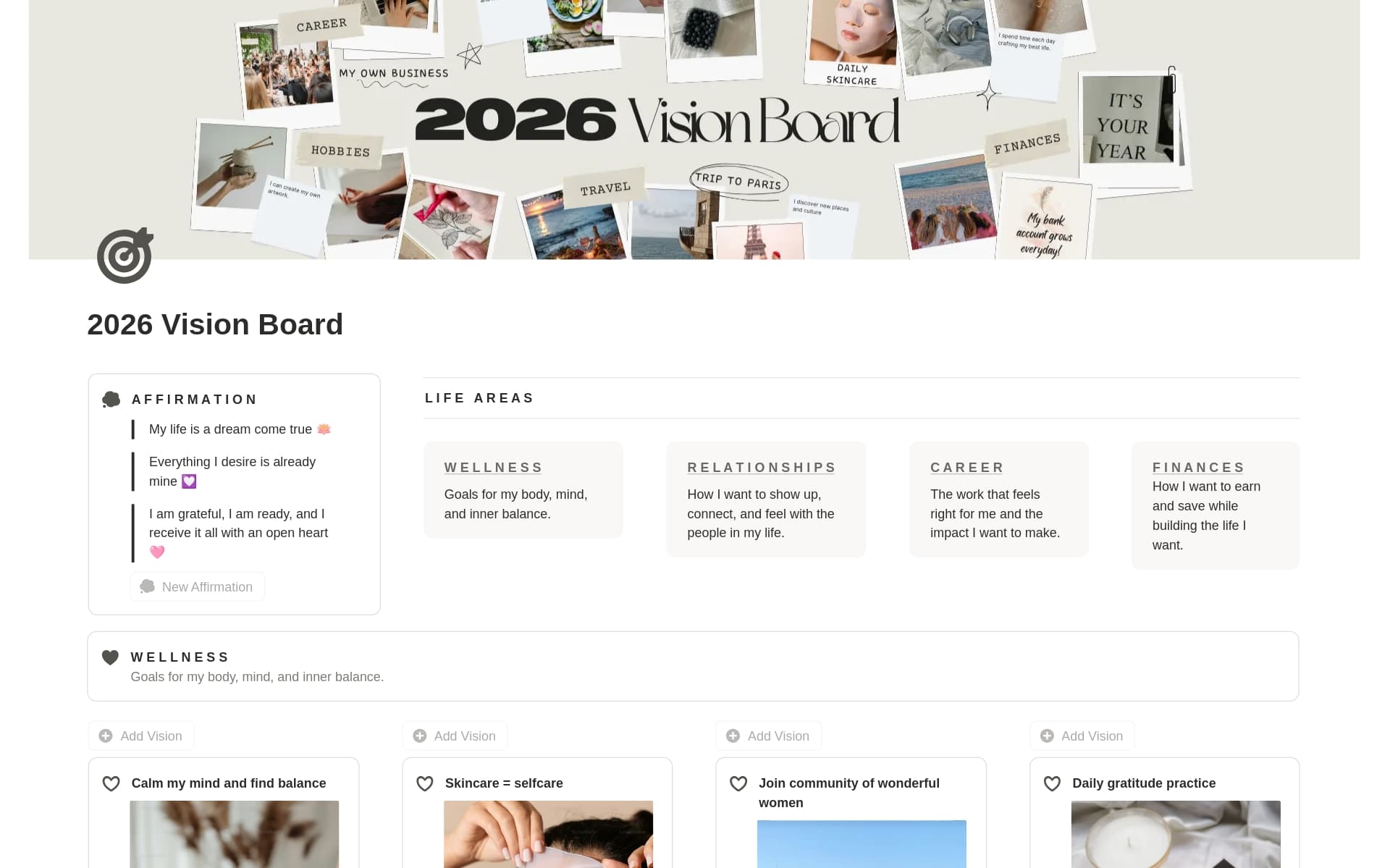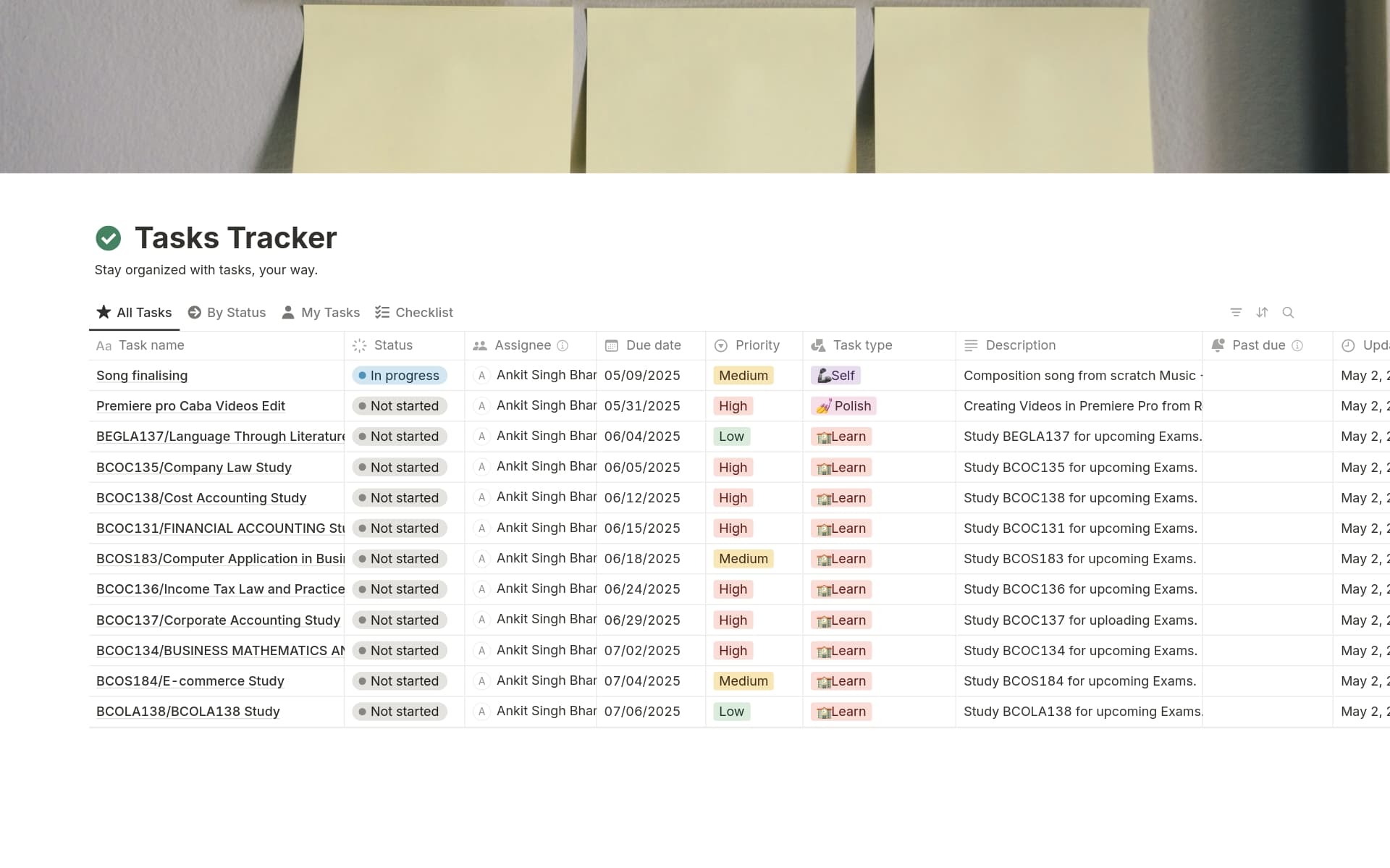Engineering workflows are essential for maintaining organization, efficiency, and productivity in complex projects. They help streamline processes, reduce errors, and ensure that all team members are aligned with the project goals. An Engineering Workflows template in Notion can provide a structured approach to managing tasks, tracking progress, and documenting important information, making it easier to focus on innovation and problem-solving.
Before you start creating your own Engineering Workflows, check out these Engineering Workflows templates below to help make the process smoother and more efficient.
What Should Engineering Workflows Templates Include?
Choosing the right Engineering Workflows template in Notion can significantly streamline your project management and development processes. Here are key components to look for in a high-quality template:
Task Management: The template should offer comprehensive tools for tracking tasks, including statuses, priorities, and deadlines to ensure nothing falls through the cracks.
Documentation Storage: A good template will have a structured way to store documents, code snippets, and meeting notes, making it easy to access and reference important information.
Collaboration Features: Look for templates that enhance team collaboration with features like comment sections, update logs, and integrated communication tools.
Progress Tracking: It should include mechanisms for monitoring project timelines and milestones, helping teams stay on schedule and adapt to any changes in project scope.
Selecting a template with these components will help ensure that your engineering projects are well-organized and efficiently managed, leading to better outcomes and productivity.
What Should Engineering Workflows Templates Avoid?
When selecting an Engineering Workflows template in Notion, it's essential to be aware of certain features that might complicate or hinder your project management efficiency. Here are three key components to steer clear of:
Overly Complex Structures: Templates with too many nested pages or intricate linking can be confusing and reduce navigability, leading to decreased productivity.
Generic Content: Avoid templates that are not tailored for engineering projects. Generic templates may lack specific sections like version control logs or integration features that are vital for engineering tasks.
Fixed Workflow Designs: Engineering projects require flexibility. Templates with rigid workflow designs can limit your team's ability to adapt to project-specific needs and changes.
Choosing the right template involves looking for simplicity, specificity, and adaptability to ensure it enhances your team's workflow rather than constraining it.




